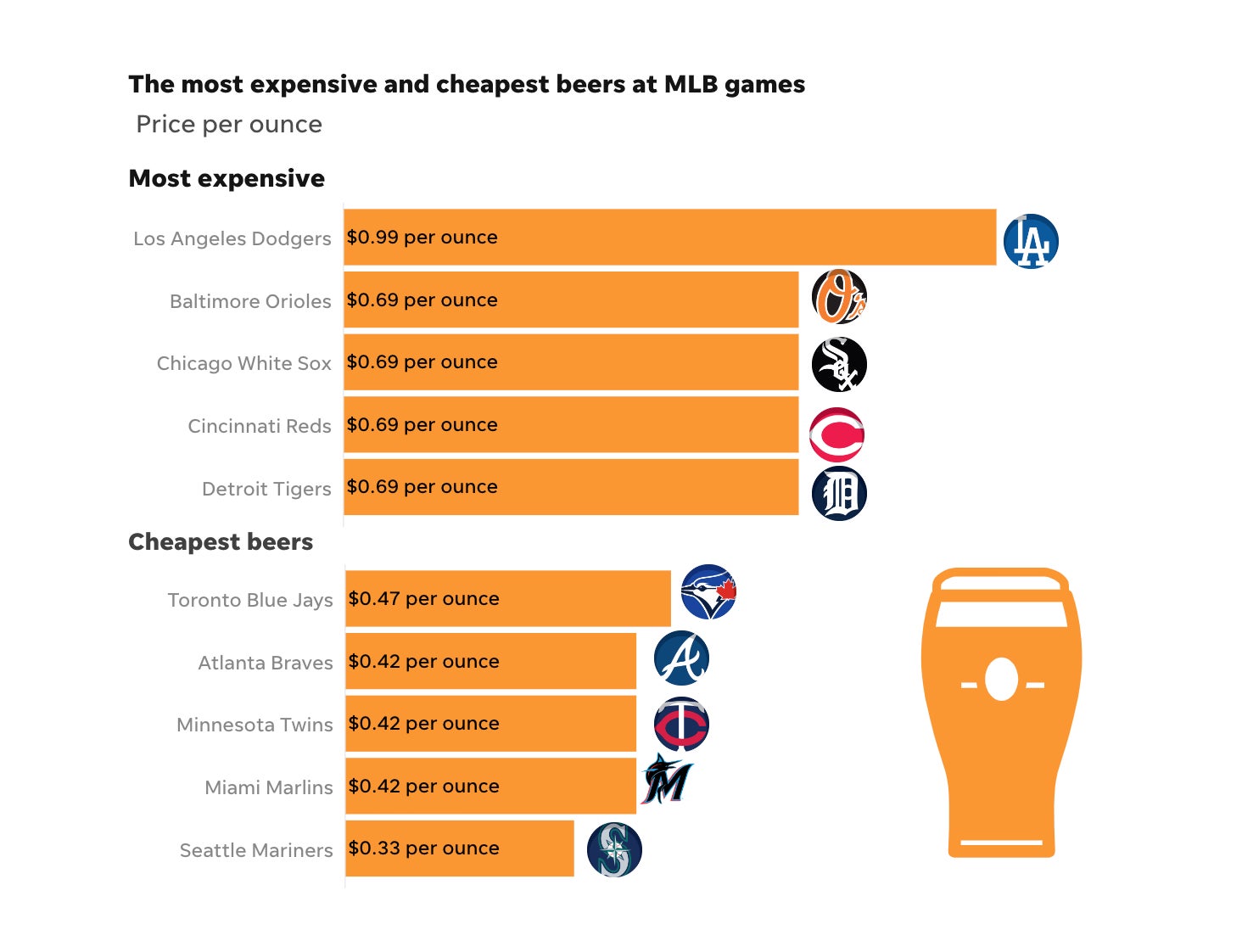The Dodgers Are Ruining Baseball Outspending Everybody Else, With No End In Sight, And It's High Time MLB Imposed A Real Salary Cap
ESPN - Star Japanese right-hander Yoshinobu Yamamoto has agreed to join the Dodgers on a 12-year, $325 million contract, sources told ESPN, ending a frenzied free agency with the largest deal for a pitcher in Major League Baseball history.
The Dodgers' offer, which does not include a $50.6 million posting fee due to Yamamoto's previous team, the Orix Buffaloes, sealed the second-biggest deal this winter behind Shohei Ohtani's contract with the Dodgers. Their total outlay: 12 years, $375 million.
Sources told ESPN that Yamamoto's contract contains no deferrals.
The 25-year-old Yamamoto, who has won three consecutive MVP awards and Sawamura Awards -- Nippon Professional Baseball's equivalent of the Cy Young -- drew significant interest from the New York Yankees, New York Mets, Boston Red Sox, San Francisco Giants, Philadelphia Phillies and Toronto Blue Jays.
Since transitioning from the bullpen to Orix's rotation in 2019, Yamamoto has dominated NPB like nobody in the league's 74-year history. Over 820 1/3 innings, he has posted a 1.65 ERA, struck out nearly five times as many hitters as he walked and allowed one home run every 28 innings.
OK, sure this guy tops out at 99/100, has a curve that falls off a cliff, and one of the nastiest split-fingered pitches since John Smoltz, but come on LA.
You're going all in with over one-billion dollars on two guys alone now? And MLB is allowing this?
Shame on everybody involved.
Coming off the WORST World Series ratings of all time, dwindling attendances across the league, and fan apathy at an all-time high, and everybody in Major League Baseball, and die-hard baseball fans all wondering why?
We can sit here and suck baseball off for finally getting it together (thanks to Theo) and implementing the pitch clock, and not allowing managers and pitching coaches a zillion mound visits, and pitching changes anymore - grinding games to a halt. Ten years too late. We can belabor how the season is twice as long as it should be and the fact that we have guys playing in snow and freezing temps every March and April now because the seasons shifted and spring isn't spring anymore- which makes for dogshit baseball from both a player and fan perspective, but this blog isn't about all of the things plaguing the Nation's pastime. It's about the imbalance of spending and how its furthering the divide between the big market teams and small market teams.
The monumental signings of Shohei Ohtani and Yoshinobu Yamamoto exemplify broader issues within the sport, including the lack of a salary cap and the resulting competitive imbalance. The financial might of teams like the Dodgers represents a stark divide in MLB. While baseball celebrates its competitiveness and parity, the reality is that only a handful of franchises can afford such astronomical sums. This disparity undermines the competitive balance that is fundamental to sports, making it a game of financial prowess rather than athletic competition.
When a team's success is increasingly correlated with its market size and revenue, it disincentivizes smaller-market teams, dampens fan engagement, and skews the playing field.
Secondly, the absence of a salary cap in MLB contrasts sharply with other major sports leagues like the NFL and NBA, where salary caps are implemented to ensure competitive balance and fiscal responsibility. A salary cap promotes parity by preventing teams from hoarding all the top talent. Without such a regulation, MLB is witnessing an arms race where only the richest can compete at the highest level, leaving others in the dust.
Outrageous contracts raise questions about the sustainability and ethics of spending in professional sports. Like how much longer can players' deals continue to go through the roof, higher and higher, like this? Weren't people calling for a market correction years ago?
I think there's some serious smoke and mirrors shell game shit going on in some major markets that isn't being talked about out loud. Sure the Dodgers seem flush and can't spend money fast enough, but what about the other big dogs? I think there's a serious reason the usual suspects - Yankees, Red Sox, Mets, Cubs folded on the flop. Several times on several big-name free agents now. And it's not because they don't want marquee players and don't want to compete.
While players like Ohtani and Yamamoto are undoubtedly talented and deserving of high rewards, the sheer magnitude of these contracts can seem disconnected from the broader economic realities of the fans and communities supporting these teams. It perpetuates a cycle where teams must continually increase revenues through higher ticket prices and broadcasting deals, which can alienate the average fan and make the sport less accessible.
Speaking of not being accessible to the average fan, know who has the highest beer prices in baseball?

Stop making attending a baseball game a $150 (easily) outing and more people will want to head out to the ballgame.


